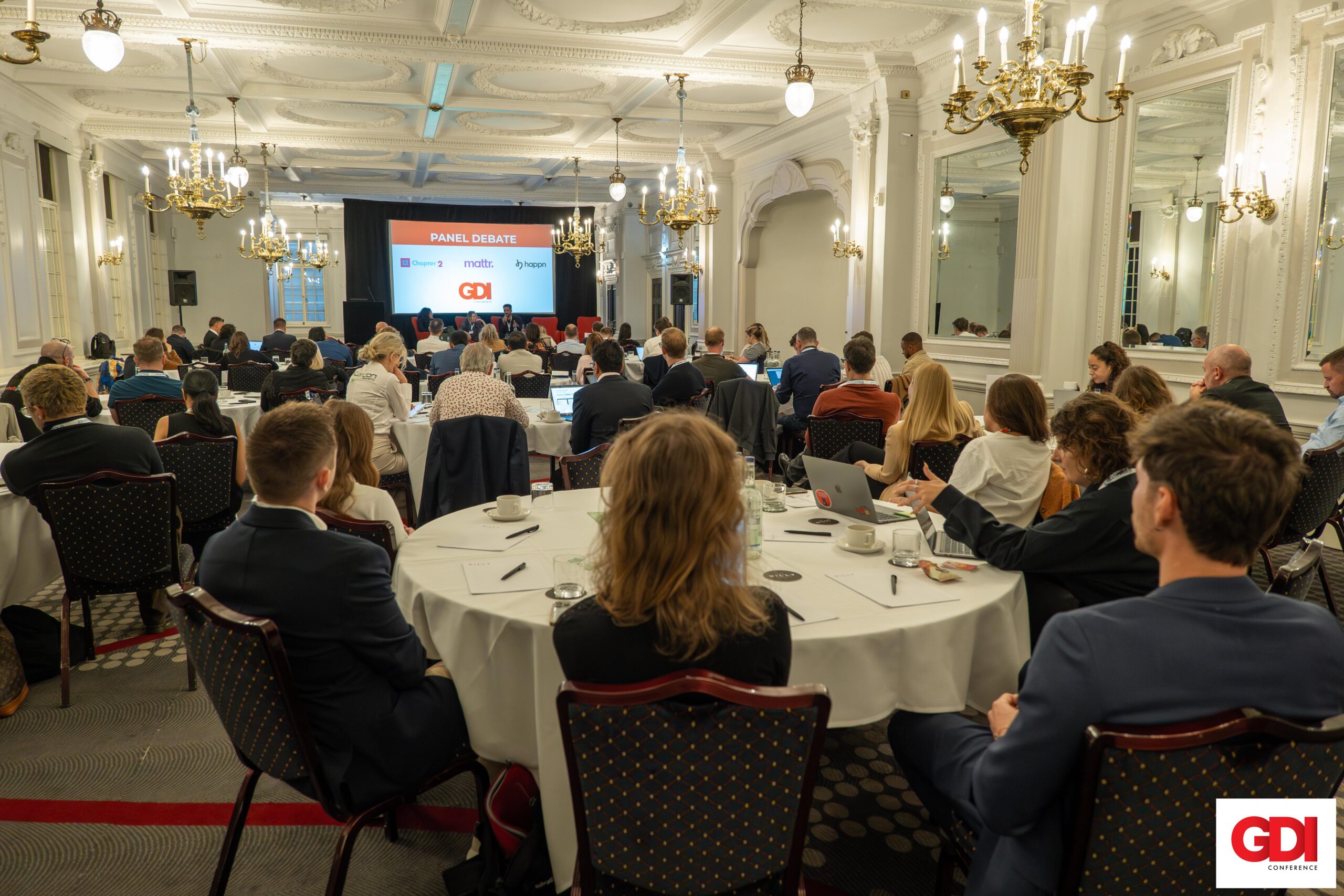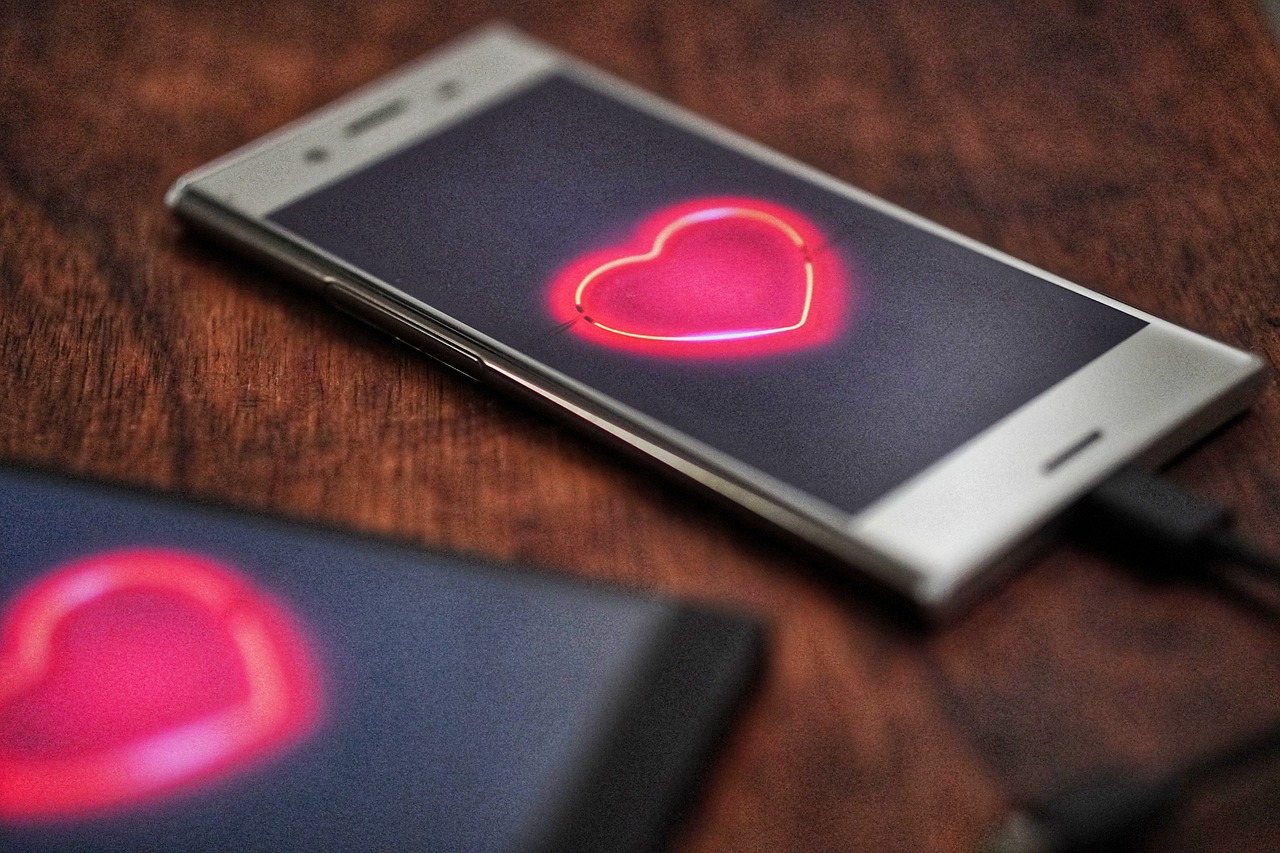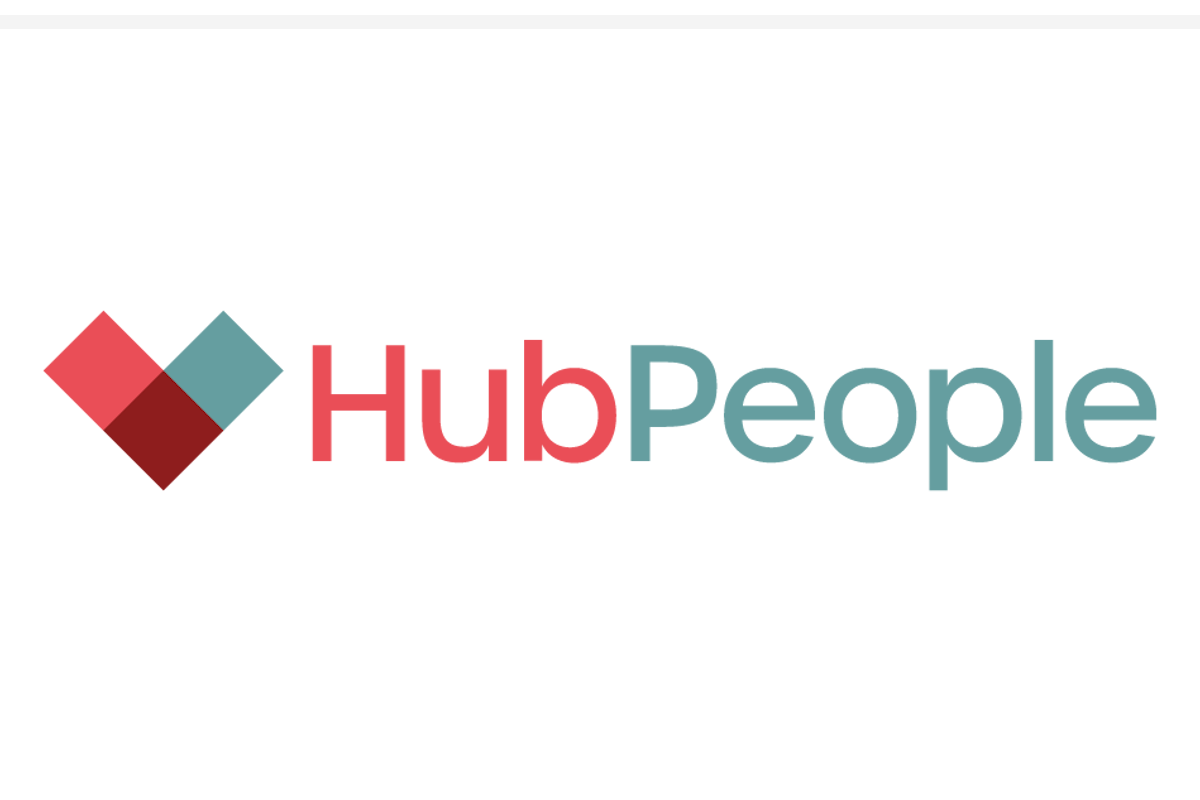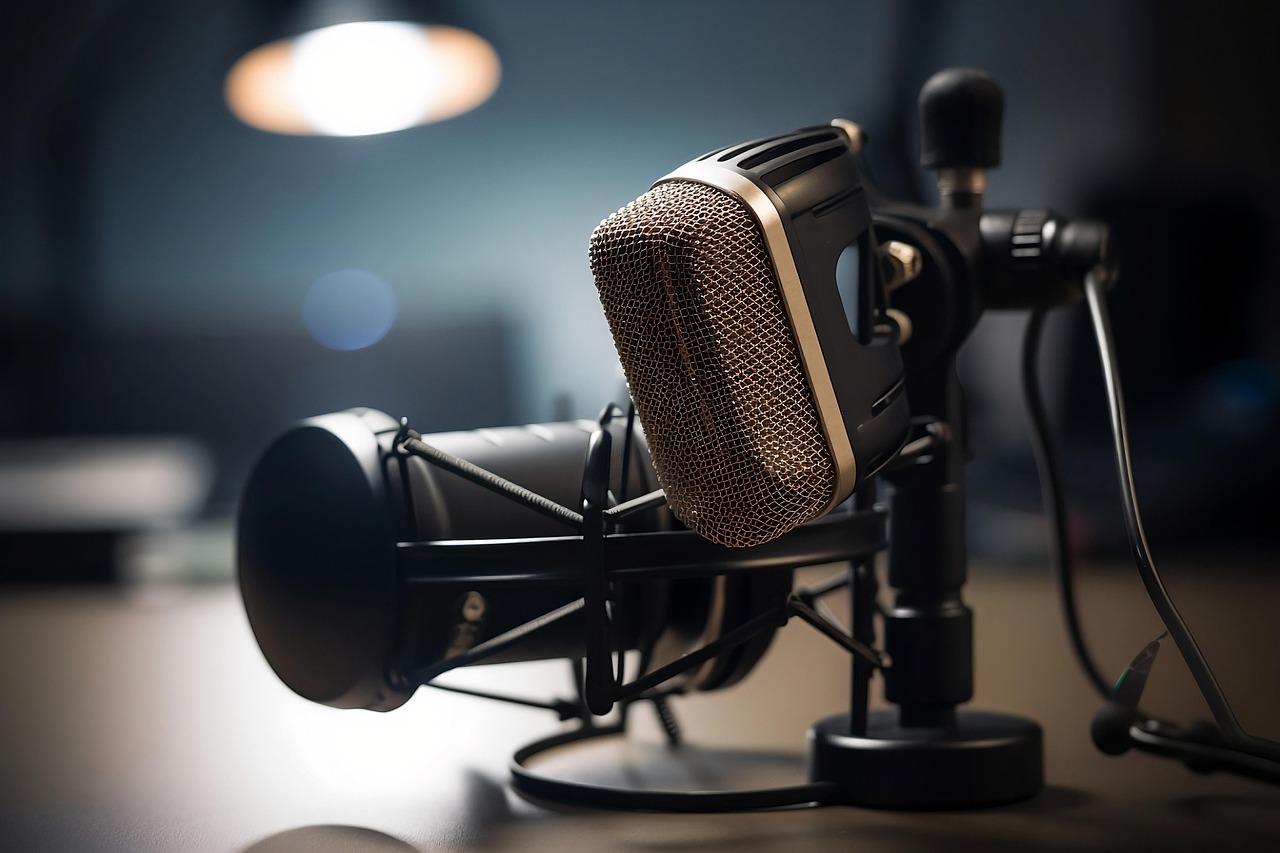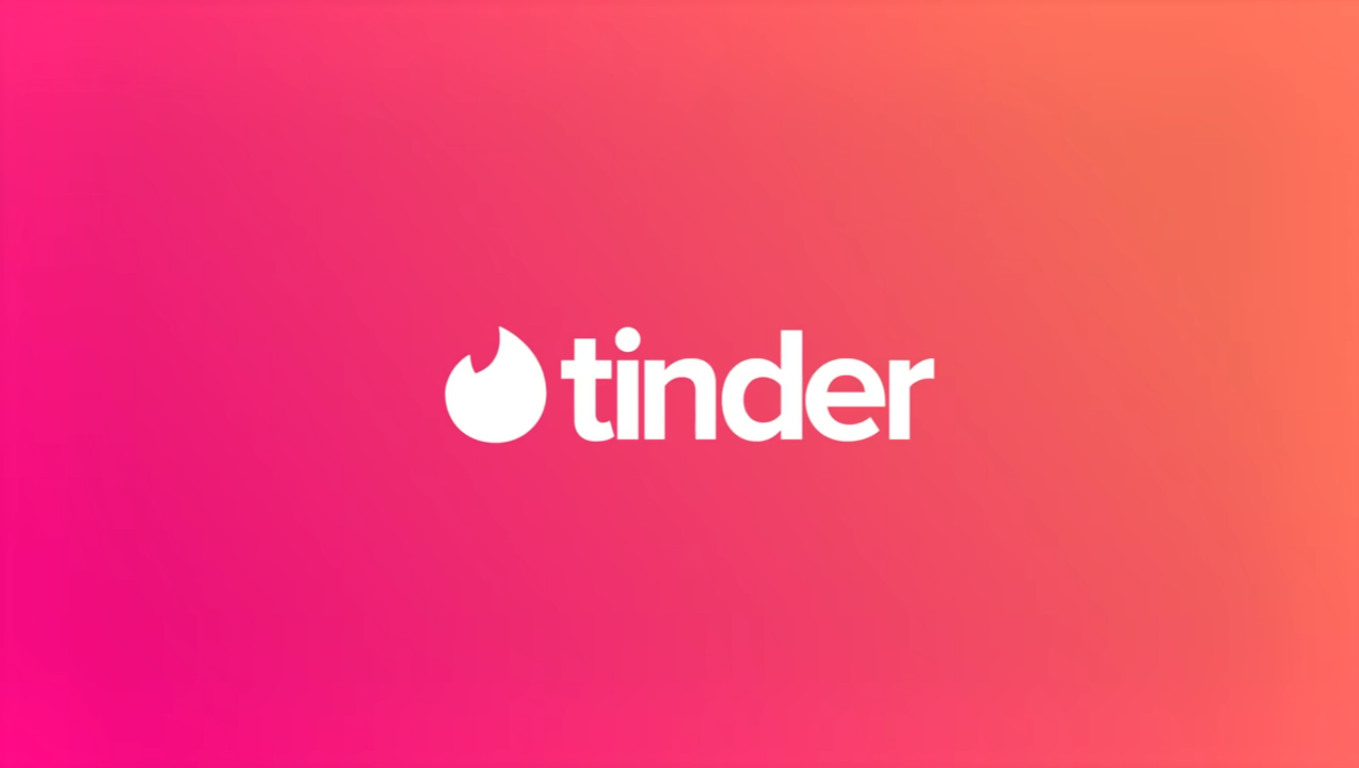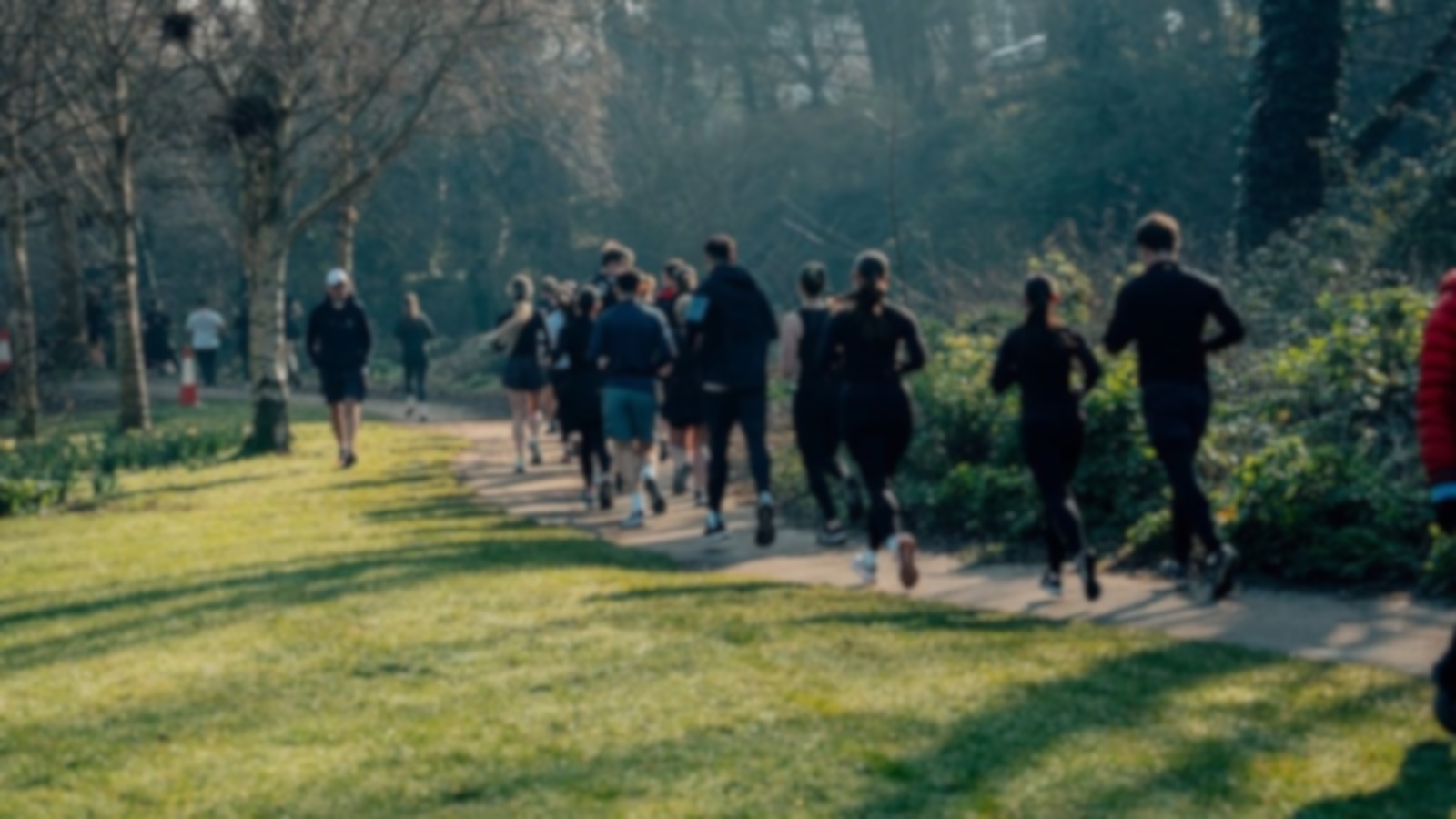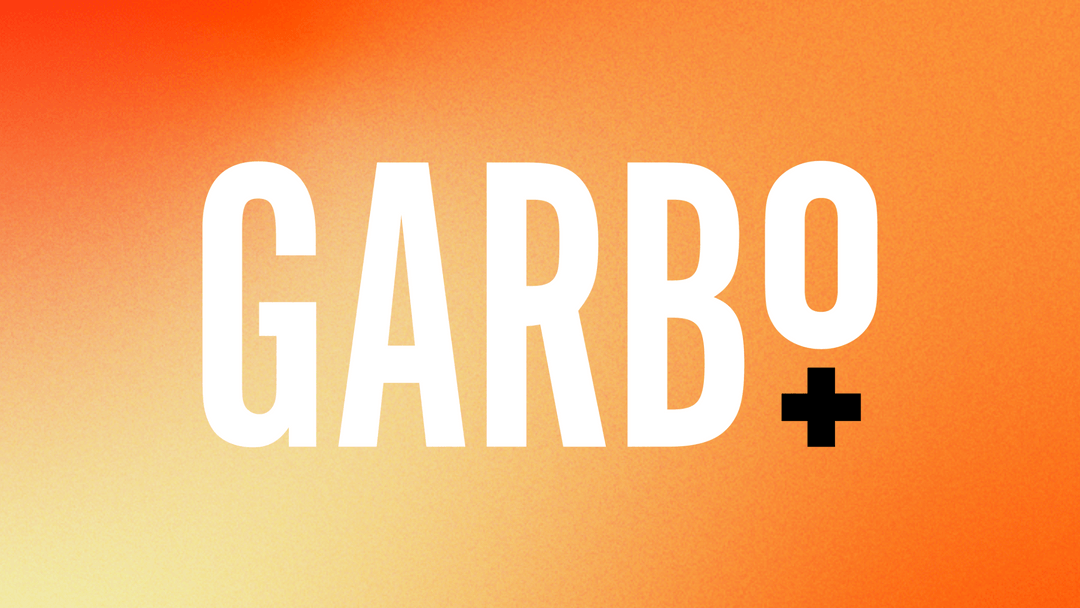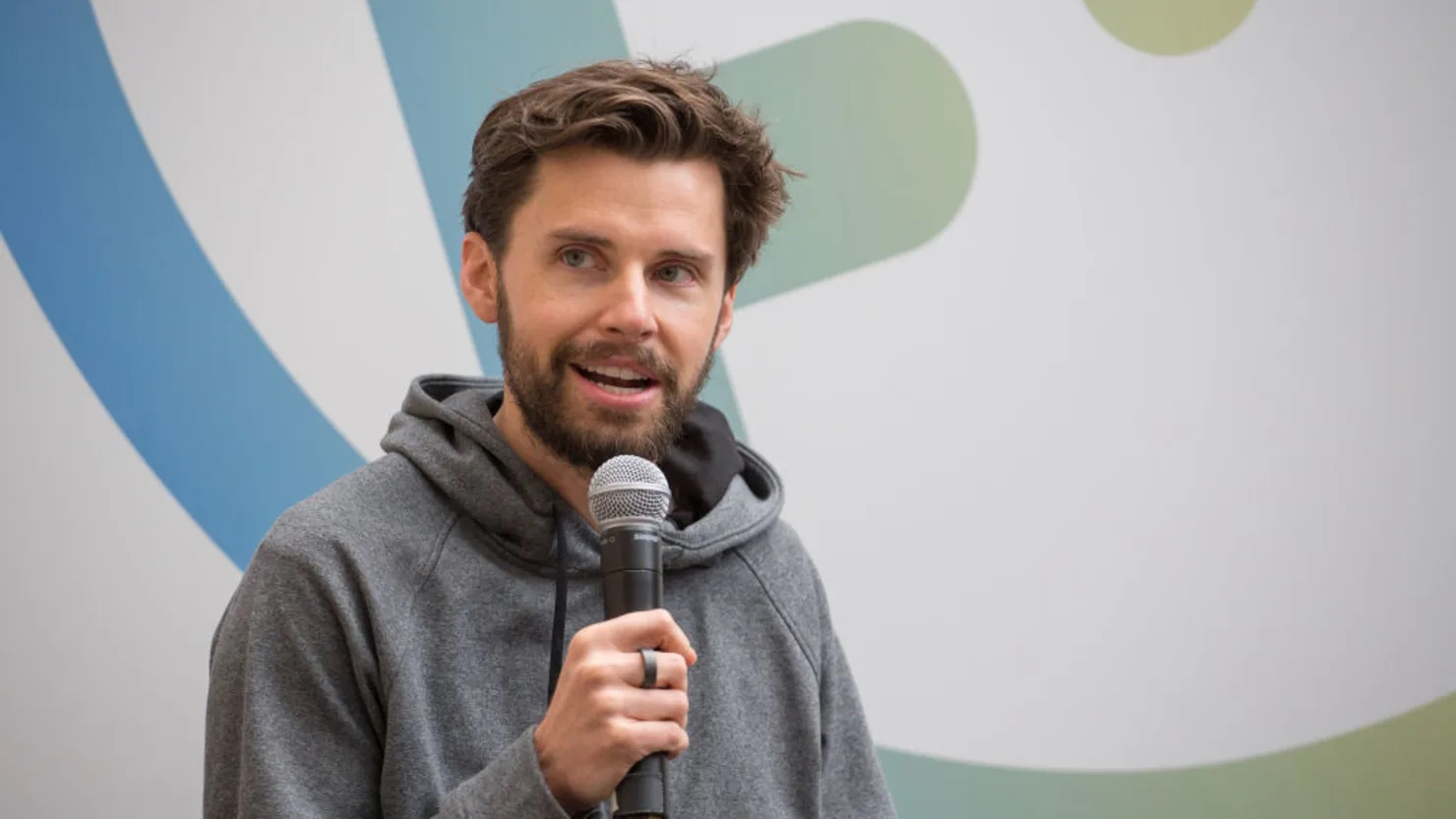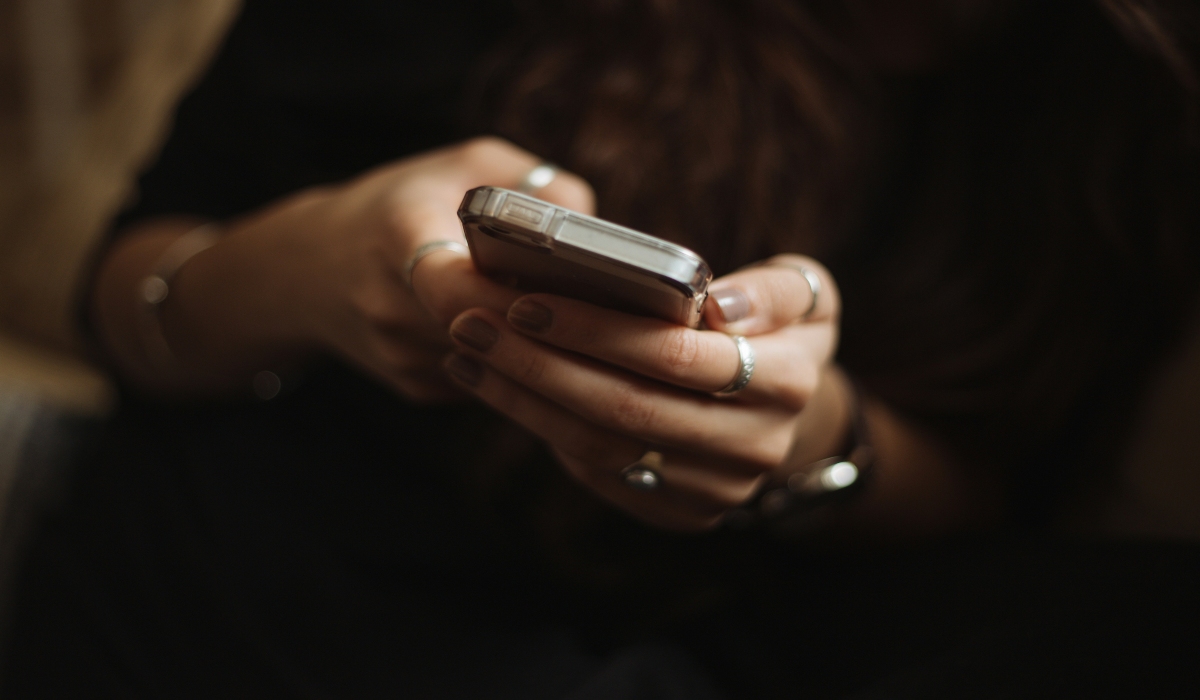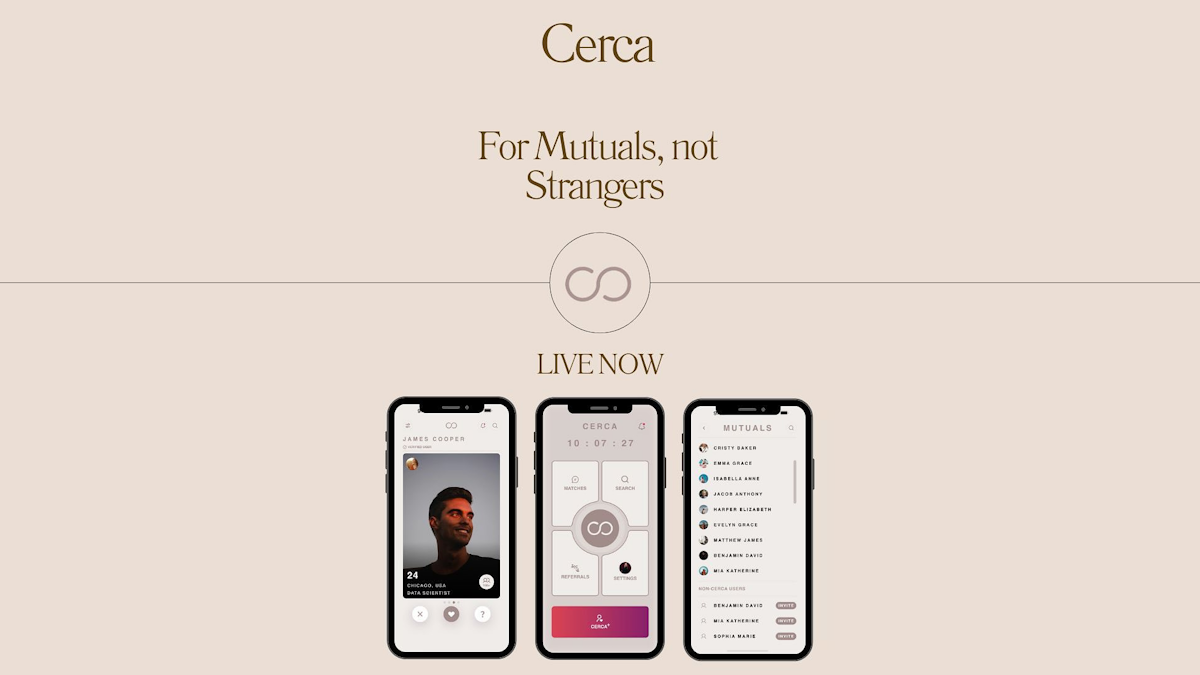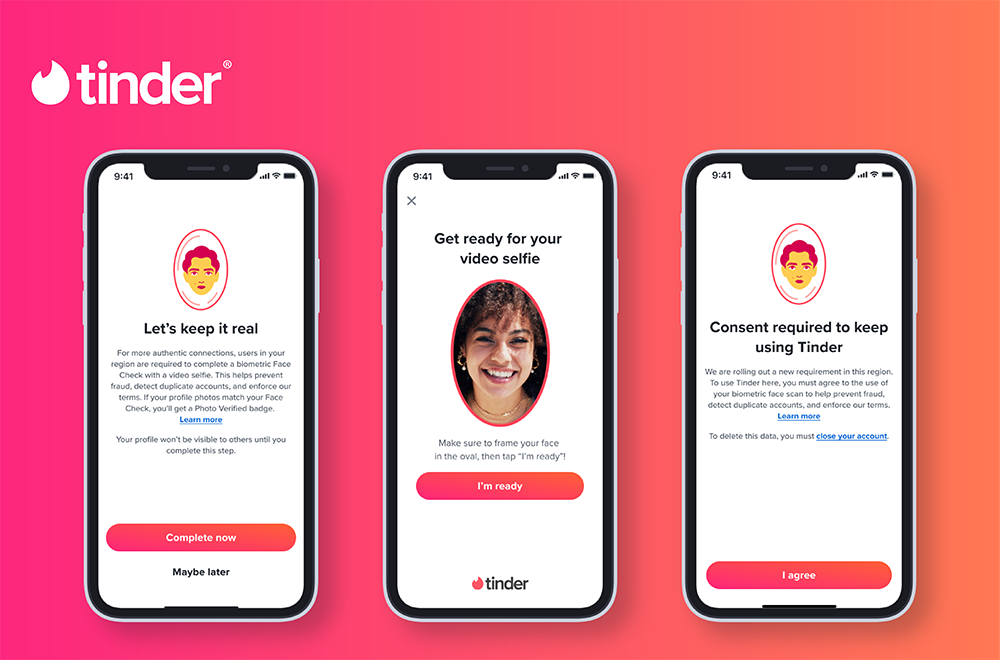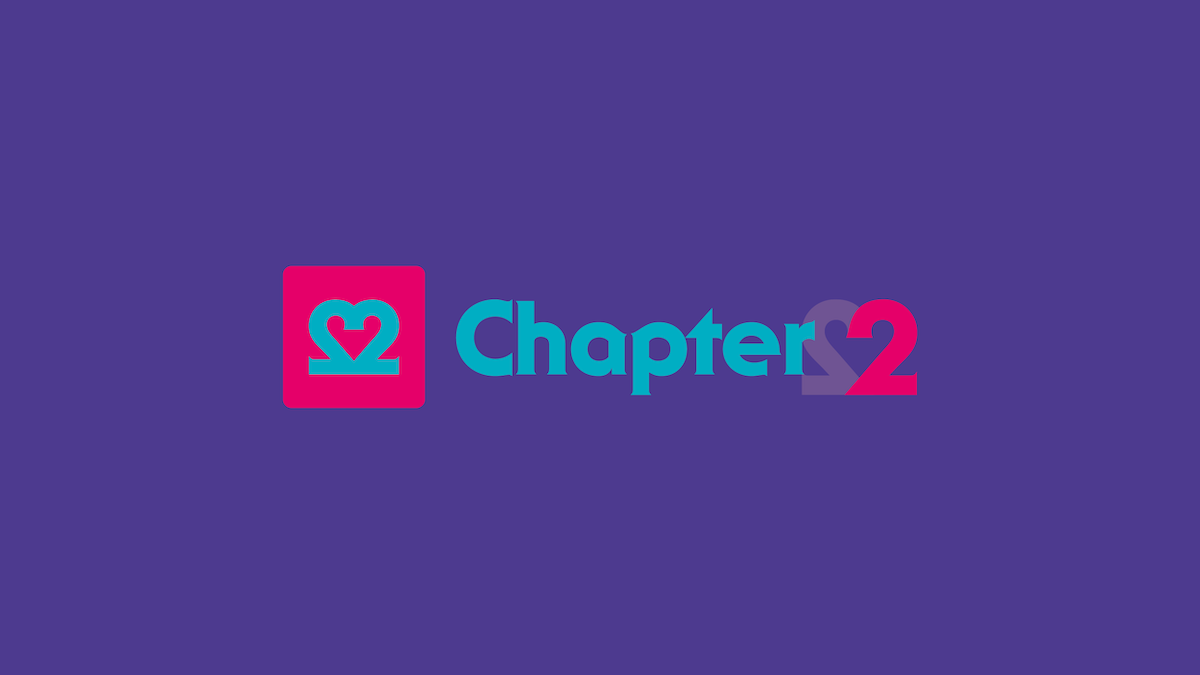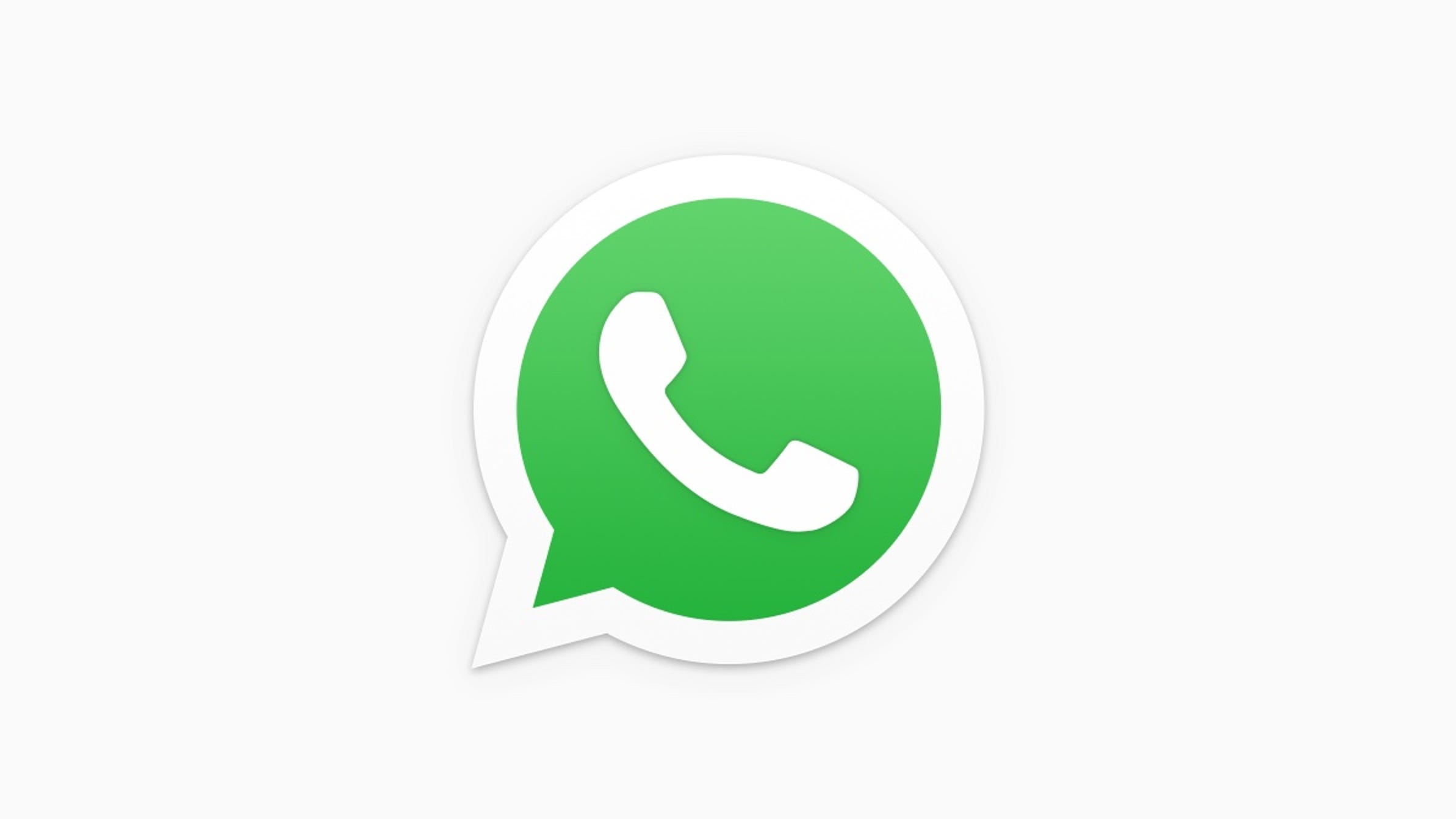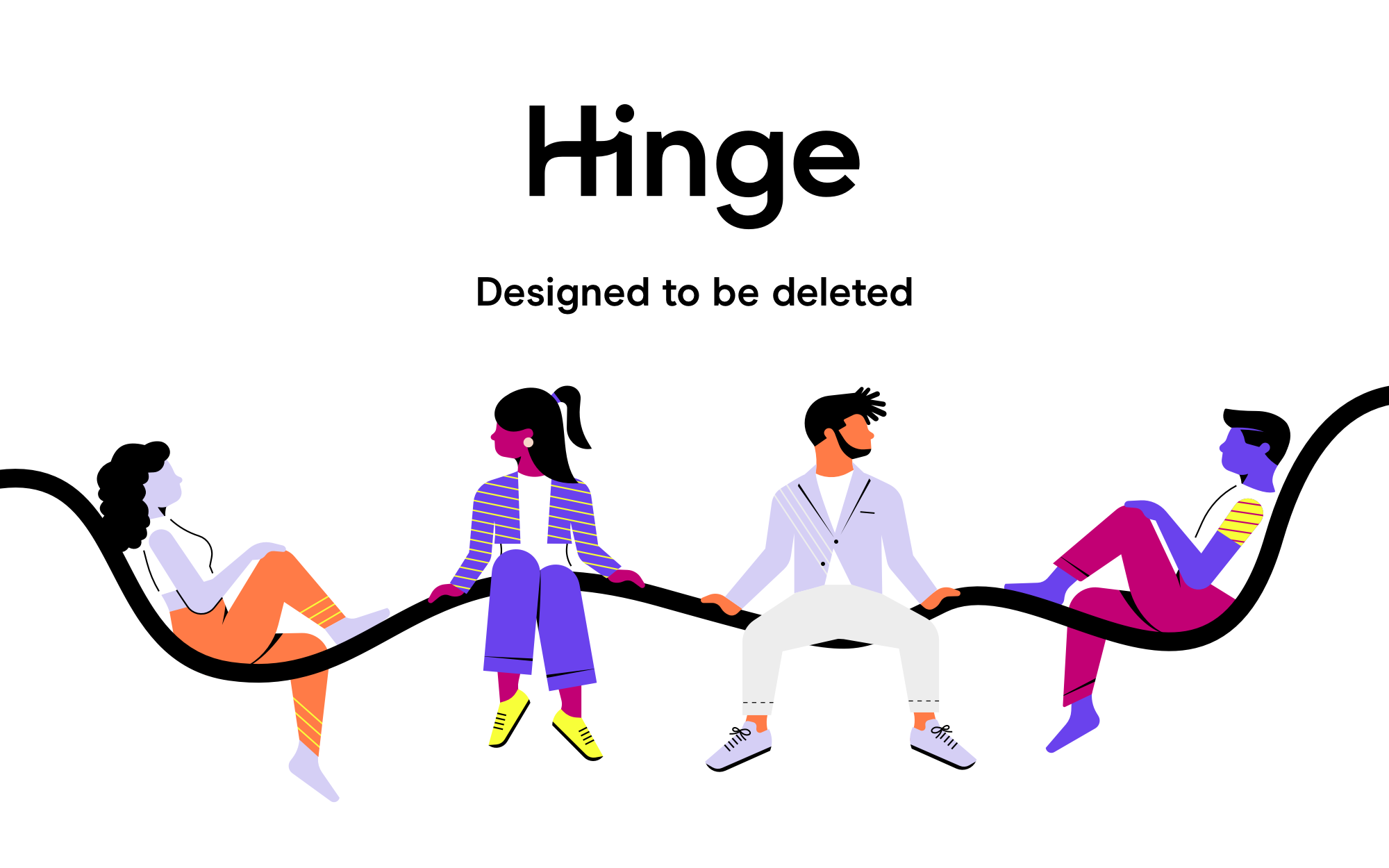As digital dating grows increasingly transactional, various sources suggest that voice interaction can reintroduce nuance, emotion, and accountability. Analysts say voice communication may help mitigate issues tied to online fatigue – reducing superficial swiping and fostering deeper initial impressions – while opinion pieces praise voice notes and the way that they allow a person to convey their tone and humour properly.
Chat2Date, a UK-based call-driven dating service, has published new data spotlighting the limits of traditional swipe-based platforms and proposing voice as a compelling alternative. As broader media coverage confirms a surge in dating-app exhaustion – particularly among Gen Z – Chat2Date is positioning its audio-first approach as a pathway back to authentic connection.
Launched in 2008 by GO Telecom Ltd, Chat2Date connects users through moderated one-on-one calls rather than text or images. According to Omar Shah, its director, the platform “removes the pressure of image‑led, text‑based interactions and brings dating back to its roots, authentic conversation.” Users spend an average of 11 minutes per call, rising to 23 minutes for registered accounts – far exceeding typical online match engagement.
This trend aligns with wider indicators of digital dating fatigue: a 16% drop in engagement across major dating platforms in the UK between 2023 and 2024, while 79% of Gen Z report feeling emotionally or mentally drained by the process. Many of these platforms attempt to tackle common frustrations such as ghosting, superficial connections, and safety worries, especially among younger users – mostly by making users engage more directly instead of each match being simple words on a screen.
New apps are rising to meet this same niche. For example, within the last few weeks, TransGlobal Assets Inc. has officially unveiled DateGuard, an AI-enhanced dating app centred on emotional compatibility and voice-based matching. Released on both iOS and Android on June 26 in select urban markets, the app targets professional women aged 25–55, offering a more thoughtful alternative to traditional swipe-oriented platforms – and directly betting on users who are fatigued by the normal dating experience.
While individually these apps are still quite limited in number, the ability for AI to get involved in voice analysis has already caused many more platforms to include similar features, even if they are only small parts of the overall toolset that users have. It remains to be seen whether voice-based dating will ever take off to an extreme degree, but its differences to normal swiping make it undeniably fresh for users fatigued on conventional platforms.

